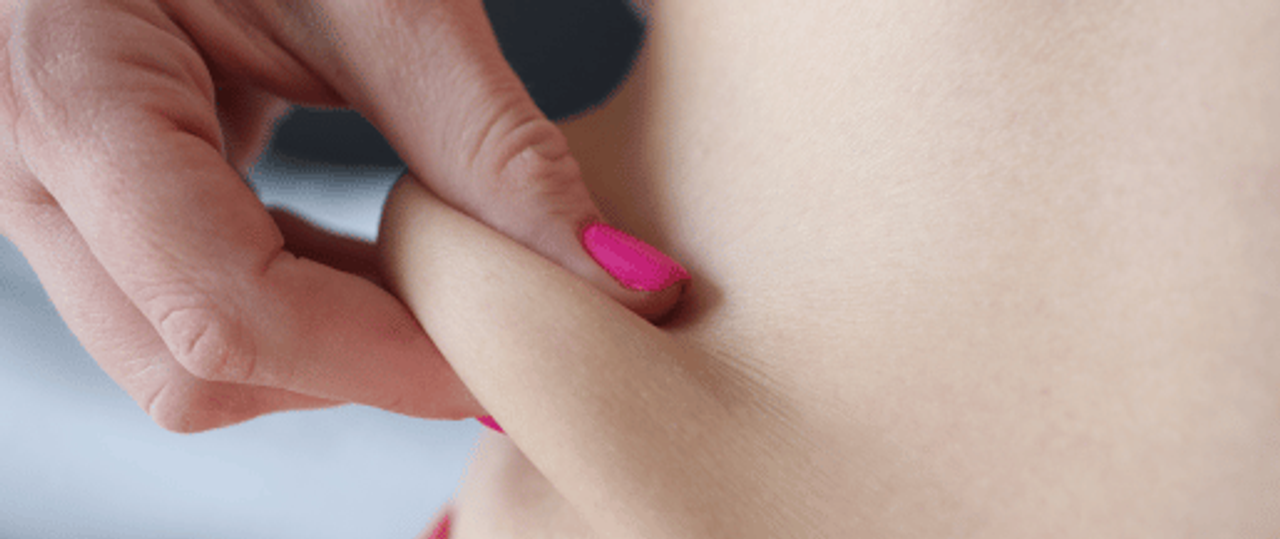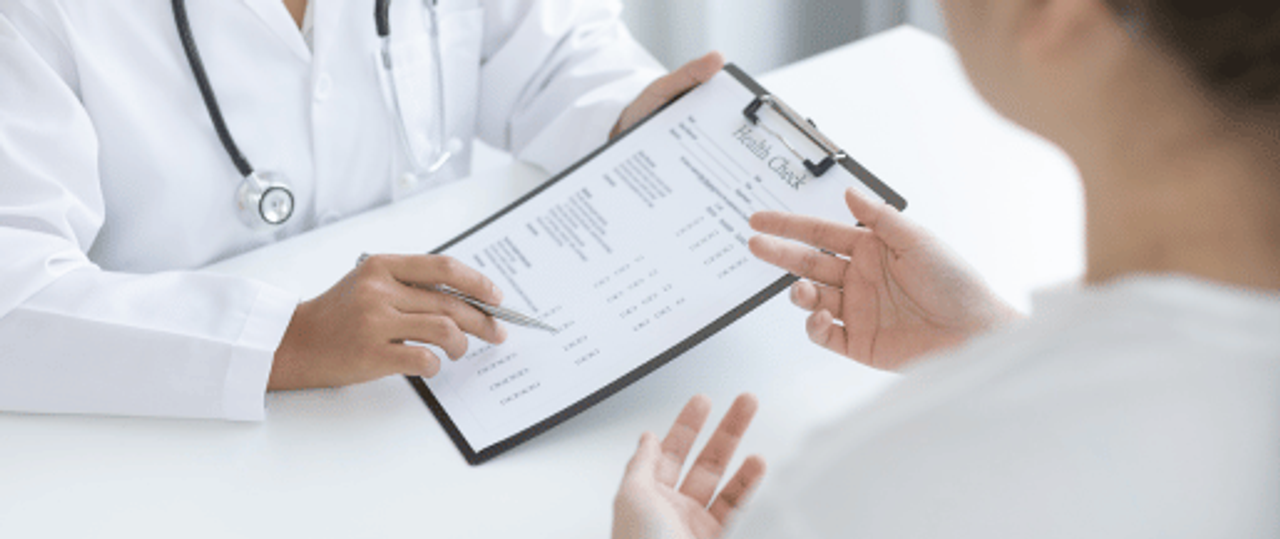Simple Guide from ‘Clear Heaart’ on: Warning Signs of High Cholesterol
Perhaps the most dangerous thing about high cholesterol is how hard it is to see it coming. Unlike other health conditions that come with warning signs well ahead of time, by the time warning signs show up with high cholesterol you may already be in mortal danger.
The best and only sure way to catch high cholesterol before it causes major damage is to get checked up by a doctor regularly.
That said, here are a few signs that you could have high cholesterol.
Chest Pains

If you're experiencing chest pains and you believe you might be at risk of being in a high cholesterol category, see a doctor right away.
Having chest pains means that the high cholesterol has already progressed to the point where it could have a serious impact on your cardiovascular health.
Treat chest pains as a medical emergency. Don't wait to get off work, don't wait for the kids to get home from school - get to a doctor right away.
This is especially true if you have a history of high blood pressure.
Fatty Deposits in the Skin

One relatively early warning sign is visible fatty deposits in the skin.
These deposits tend to appear in places where the skin creases - in the palm of the hands, in the elbows and around the eyes.
If you notice fatty deposits appearing in your skin, get a check-up as soon as you can.
Unlike chest pains, fatty deposits aren't necessarily a red flag warning. However, it does mean that your high cholesterol levels are getting dangerously high and should probably be looked at by a doctor.
Other Warning Signs
Unfortunately, there really are no other early warning signs of high cholesterol.
At a certain point, the only warning signs then become having a stroke or having a heart attack, both "warning signs" that could cost you your life.
High cholesterol is a condition that needs to be caught early by an attentive doctor. It's not a condition that you can be on the lookout for yourself.
Don't wait for warning signs to appear before trying to take care of your high cholesterol issues.
What to Ask Your Doctor

If you think you're at right of having abnormally high cholesterol but your doctor hasn't told you so yet, what should you do?
Start by getting in the habit of tracking your LDL ("bad" cholesterol) level. Ask your doctor for your cholesterol level and keep track of it over time. Is it going up or down?
Ask your doctor where your target range should be. Are you within that range?
If you're well outside of the range you want to be, start talking to your doctor about how you might get yourself back in range.

Your doctor may not start the conversation until your cholesterol levels are much higher than they should be. If that's the case, you might want to pre-emptively start talking about high cholesterol options to get a head start on this condition.




